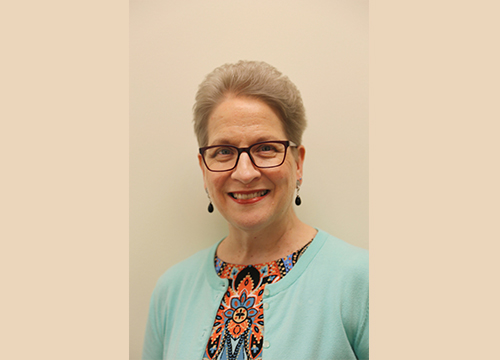This Sunday’s first reading takes us back to the desert journey of Israel. Exodus 17:1-2 sets the stage for the story. The “whole Israelite community” is moving from place to place, directed by the Lord. Reaching Rephidim, the people find no water. Naturally, they bring this serious issue to Moses: “Give us water to drink.”
His less-than-sympathetic reply, “Why do you quarrel with me? Why do you put the Lord to the test?” does little to diffuse the situation. They walk away grumbling: “Why did you ever make us leave Egypt? Was it just to have us die here of thirst with our children and our livestock?”
Similar arguments ensue whenever circumstances threaten the Israelite sojourners. We hear it at the edge of the sea (Ex 14:11), when the people look back and see the dust kicked up by Pharaoh’s pursuing army.
Clearly preferring slavery over death, they lament, “Far better for us to be the slaves of the Egyptians than to die in the desert” (Ex 14:12b). The Lord responds, providing an escape route through the sea and a watery grave for the chariots and charioteers.
We hear another version when hunger be- comes the issue (Ex 16: 3): “Would that we had died at the Lord’s hand in the land of Egypt, as we sat by our flesh pots and ate our fill of bread! But you had to lead us into this desert to make the whole community die of famine!” Translation: Swift death with a full stomach beats slow starvation. Again, the Lord responds, this time with manna and quail for the people to eat.
The story in Sunday’s reading unfolds in a similar way: The people face a life-or-death situation (thirst) and complain to Moses, prompt- ing his cry to the Lord on their behalf. The Lord responds, this time with witnesses at hand and clear reference to past deeds: “Go over there in front of the people, along with some of the elders, holding in your hand, as you go, the staff with which you struck the river.”
Moses’ staff, the instrument of God’s power and providence in Egypt and at the edge of
the sea, goes into action again. Even if all the people cannot see the water gush forth from the rock, respected eyewitnesses stand by to tell the tale.
Psalm 95 references this episode, repeating verbatim the two place names, Massah and Meribah. St. Paul’s words from Romans 5 pro- vide a fitting transition to the Gospel, so full of surprising faith, grace, hope and glory.
One intriguing aspect of biblical interpretation involves the cultural context of stories and symbols. The Samaritan woman at the well easily gains a 21st century American label with her checkered marital history. Yet in her culture, unfaithful wives did not live to marry again.
Since only men were permitted to divorce, we realize that this woman was five times abandoned — be she widowed or simply cast aside. Rather than children (and especially sons), she likely bore the stigma of barrenness, a terrible curse in her culture. It makes sense that she chose the heat of the day for her journey to the well, avoiding the neighbors who otherwise turned aside from her.
Consideration of cultural context reveals a cascade of miracles as the story unfolds. In hospitable, truthful dialogue with Jesus, the woman finds her bitter heart changed and runs to tell her neighbors: “This man told me everything … could he be the Christ?” Against all odds, they rise from their mid-day nap, follow the former outcast to the well, and hear Jesus for themselves.
Then, in the most extraordinary twist of all, long-despised Samaritans welcome Jews to stay over, and they accept! Here we witness signs of the reign of God proclaimed by Jesus: the person experiences conversion, the community is activated, and the social world is turned upside down.
Melanie holds a master’s in pastoral studies from Loyola University, New Orleans.

